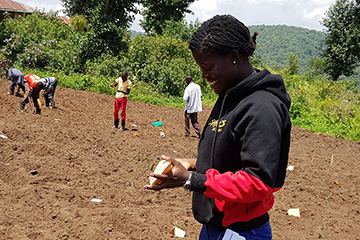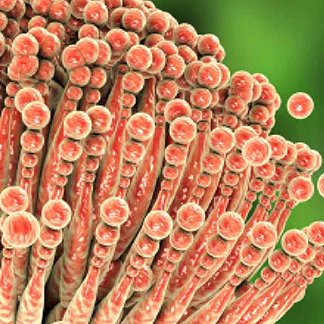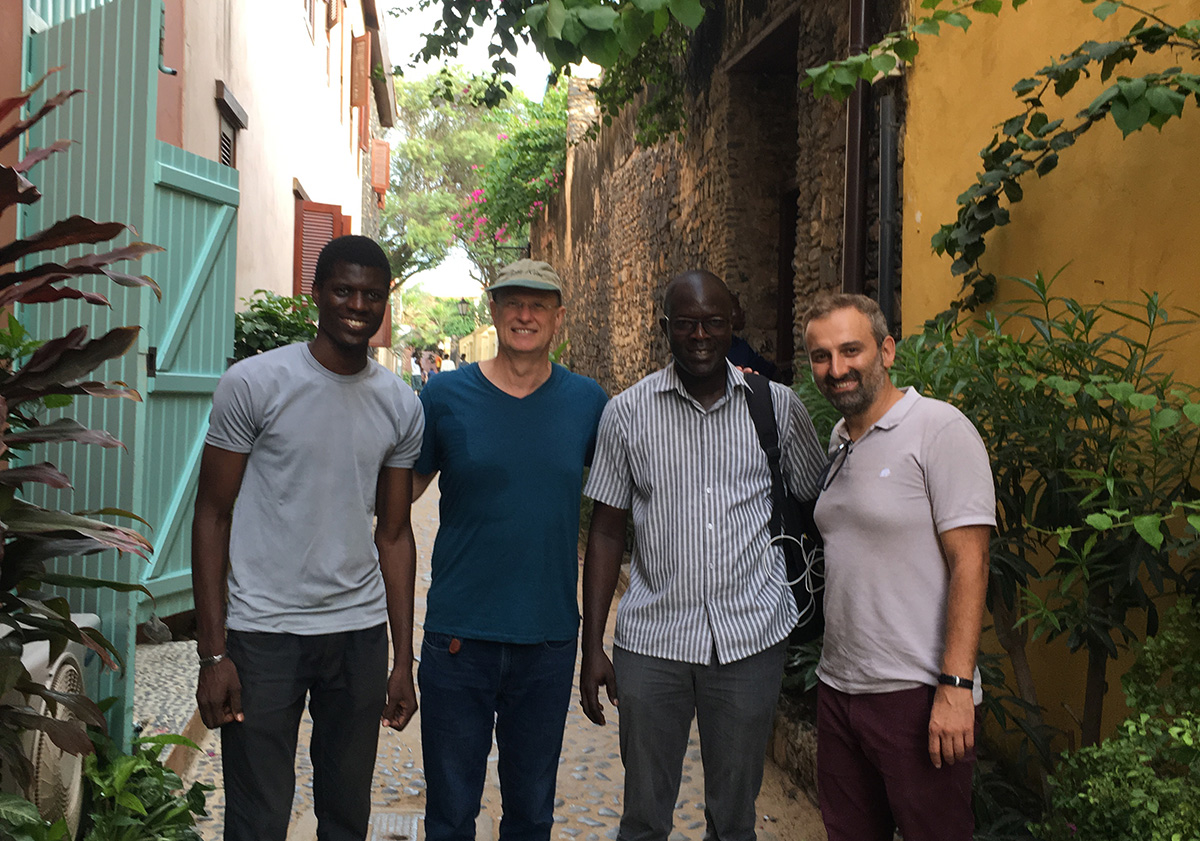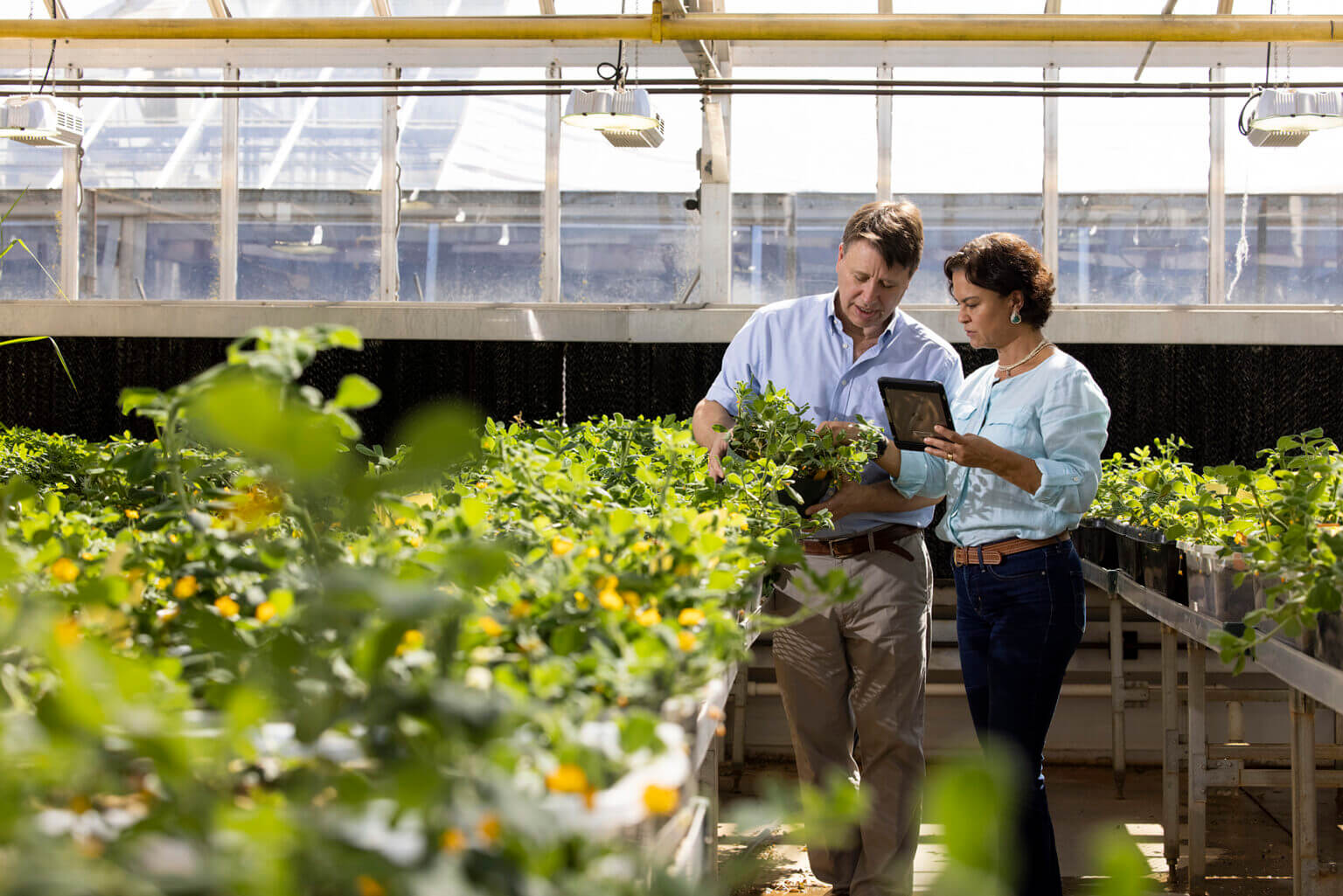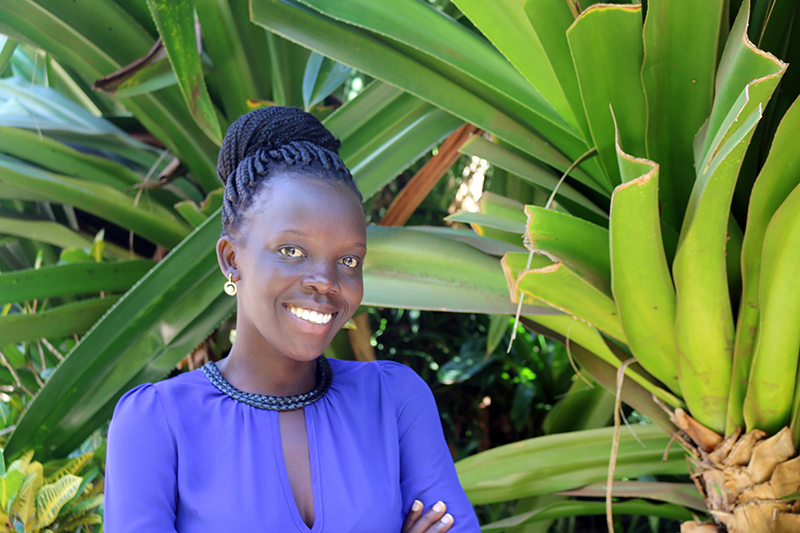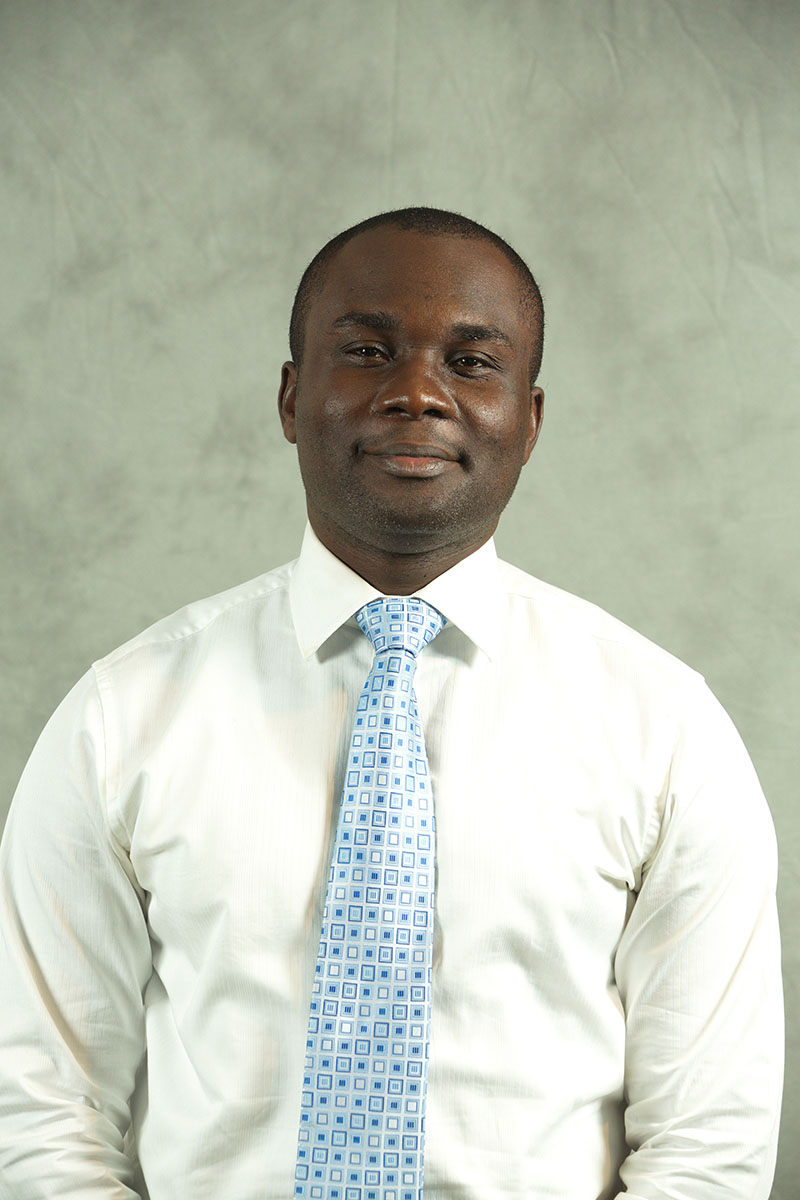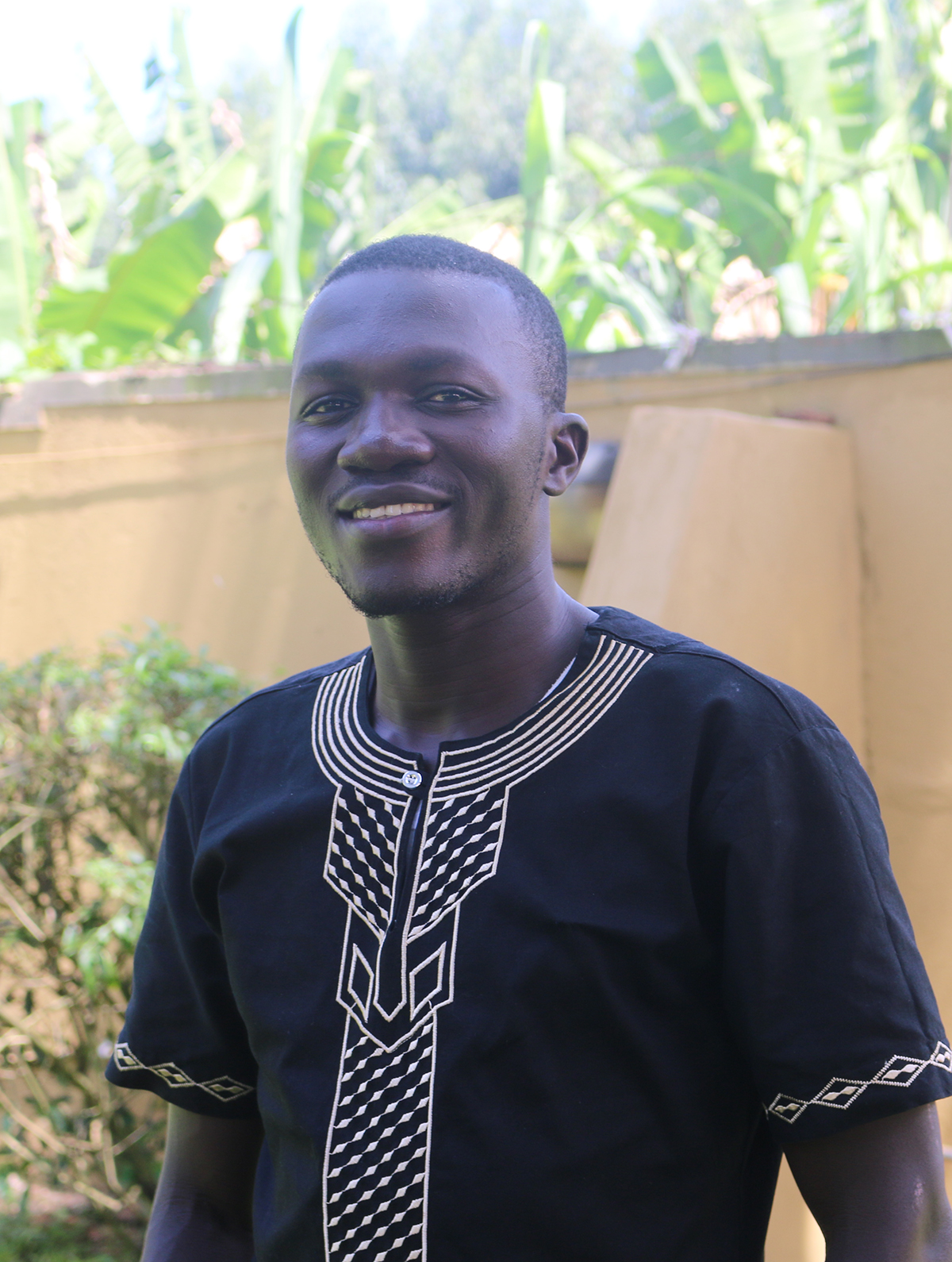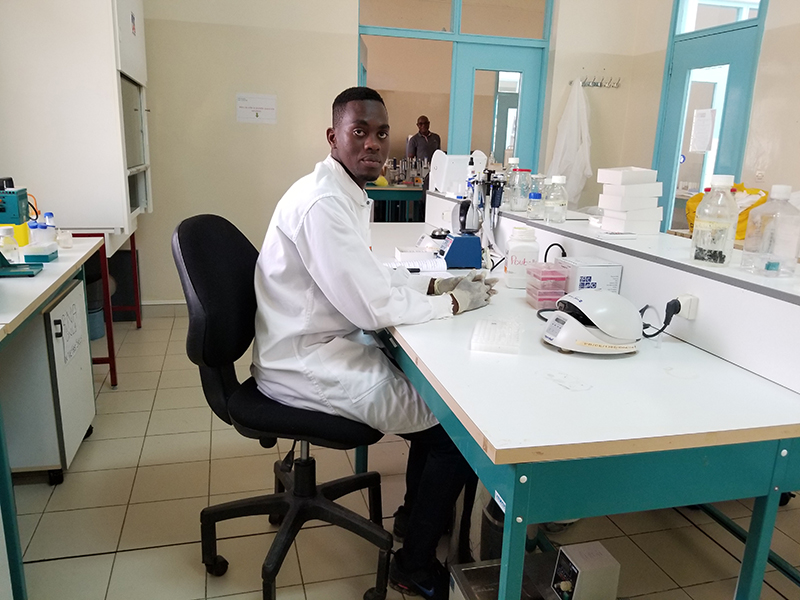 CAES News
CAES News
Student Profile: Joseph Gomis
When Joseph Gomis finished a bachelor’s degree at Université Cheikh Anta Diop in Dakar, Senegal, he wasn’t sure whether his studies would lead him to work with plants or animals. With a degree in natural science, he just wanted to make an impact. Similarly, he didn’t predict how important peanuts would become in his life until he was offered an internship to work with Daniel Fonceka, a well respected research scientist with CIRAD and the Centre d'étude régional pour l'amélioration de l'adaptation à la sécheresse (CERAAS).

